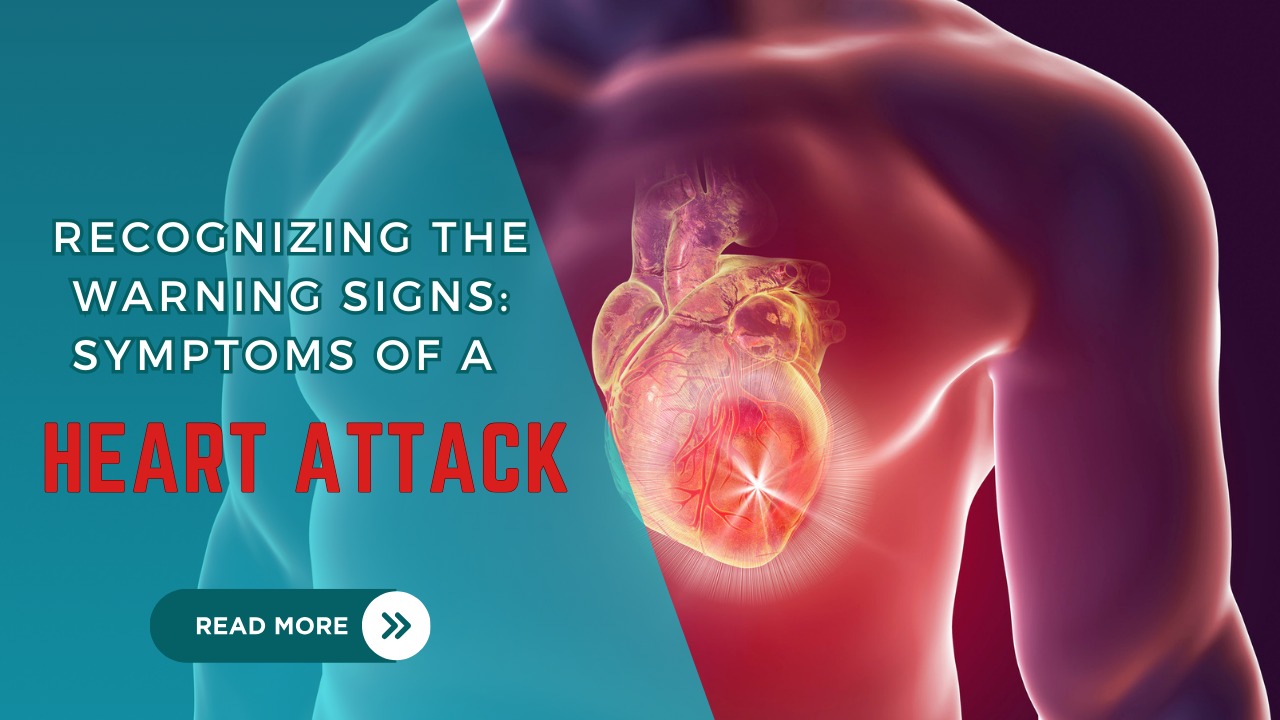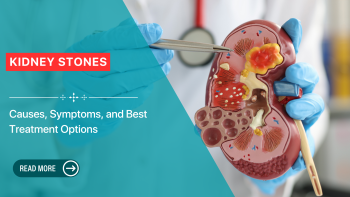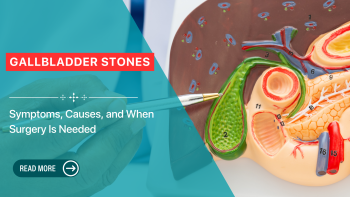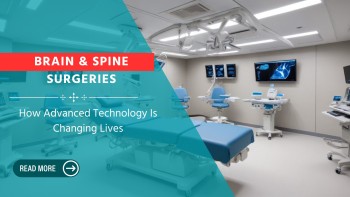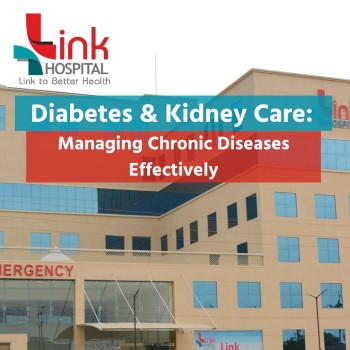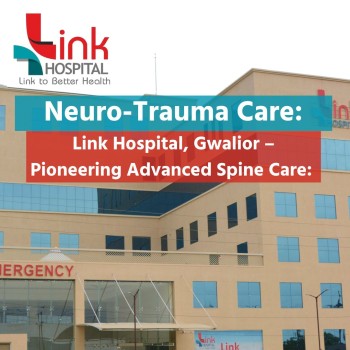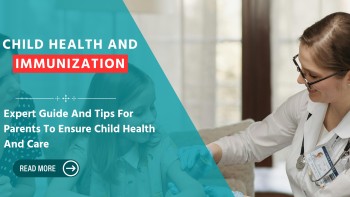Heart attacks are life-threatening
medical emergencies that require immediate attention. Understanding the causes,
symptoms, treatment options, and precautions can help save lives. This blog
provides detailed insights into recognizing the warning signs of a heart attack
and taking appropriate action.
Understanding Heart Attacks
What is a Heart Attack?
A heart attack, medically known as a
myocardial infarction, occurs when blood flow to a part of the heart is blocked
for an extended period, causing damage or death to the heart muscle. This
blockage is often due to the buildup of fat, cholesterol, and other substances,
forming a plaque in the coronary arteries.
Causes of Heart Attacks
Several factors can contribute to the
development of heart attacks:
●
Coronary Artery Disease (CAD): The most common
cause of coronary arteries narrowing or blocking due to plaque
buildup.
●
Blood Clots: A blood clot can block the flow
of blood through a coronary artery, leading to a heart attack.
●
Spasms of Coronary Arteries: These can occur
due to tobacco or illicit drug use, like cocaine.
●
Other Causes: Less common causes include
infections, inflammation, and trauma to the arteries.
Symptoms of a Heart Attack
Recognizing the symptoms of a heart
attack is crucial for seeking timely medical intervention. Symptoms can vary
between individuals, particularly between men and women.
Common Symptoms
●
Chest Pain or Discomfort: Often described as
pressure, squeezing, fullness, or pain in the center of the chest that lasts
more than a few minutes or goes away and comes back.
●
Upper Body Pain: Discomfort or pain in one or
both arms, the back, neck, jaw, or stomach.
●
Shortness of Breath: This can occur with or
without chest discomfort.
●
Cold Sweat: Sudden sweating, often with clammy
skin.
●
Nausea or Vomiting: Feeling sick to your
stomach or vomiting.
● Lightheadedness or Dizziness: Feeling faint or dizzy.
Symptoms in Women
Women may experience more subtle
symptoms, which can include:
●
Unusual Fatigue: Feeling unusually tired for
no reason, sometimes for days.
●
Sleep Disturbances: Trouble sleeping or waking
up frequently.
●
Indigestion or Heartburn: Feelings of
indigestion or a burning sensation in the chest.
●
Anxiety: A feeling of impending doom or severe
anxiety.
Immediate Actions to Take
If you or someone else exhibits symptoms
of a heart attack:
●
Call Emergency Services: Dial emergency
services immediately.
●
Chew an Aspirin: If advised by a healthcare
provider, chewing an aspirin can help prevent further blood clotting.
●
Stay Calm and Rest: Try to stay calm and rest
while waiting for medical help to arrive.
Treatment Options
Immediate Medical
Treatments
●
Medications: Clot-busting drugs, antiplatelet
agents, and other medications to restore blood flow and minimize heart damage.
●
Coronary Angioplasty and Stenting: A procedure
to open blocked arteries and keep them open using a stent.
●
Coronary Artery Bypass Surgery: Creating a new
path for blood to flow to the heart by bypassing blocked arteries.
Long-Term Treatments
●
Medications: Ongoing medication to manage
cholesterol, blood pressure, and prevent blood clots.
●
Lifestyle Changes: Adopting a heart-healthy
lifestyle, including diet, exercise, and smoking cessation.
●
Cardiac Rehabilitation: A supervised program
that includes exercise, education, and support to help patients recover and
prevent future heart problems.
Precautions and Prevention:
Lifestyle Changes
●
Healthy Diet: Eating a balanced diet rich in
fruits, vegetables, whole grains, lean proteins, and healthy fats.
●
Regular Exercise: Engaging in regular physical
activity to strengthen the heart and improve circulation.
●
Weight Management: Maintaining a healthy
weight to reduce the risk of heart disease.
●
Smoking Cessation: Quitting smoking and
avoiding secondhand smoke.
●
Moderate Alcohol Consumption: Limiting alcohol
intake to reduce heart disease risk.
Regular Health Check-ups
●
Blood Pressure Monitoring: Keeping blood
pressure under control with regular monitoring and medication if necessary.
●
Cholesterol Levels: Regularly check and manage cholesterol levels through diet, exercise, and medications.
●
Diabetes Management: Keeping blood sugar
levels in check to prevent heart complications.
Managing Stress
●
Stress Reduction Techniques: Practicing yoga,
meditation, and deep breathing exercises to reduce stress.
●
Adequate Sleep: Ensuring sufficient and
quality sleep to maintain overall health.
Conclusion
Recognizing the warning signs of a heart
attack and understanding the causes, symptoms, treatment options, and
precautions are crucial for preventing serious health consequences. Individuals
can significantly reduce their risk and promote heart health by taking
immediate action during a heart attack and making long-term lifestyle changes.
Regular check-ups and managing risk factors play a vital role in maintaining a
healthy heart and preventing future heart problems. Stay informed, stay
healthy, and take proactive steps to protect your heart.
For those seeking top-notch medical care and
expertise, Link Hospital in Gwalior
stands out as the best multispecialty hospital in the region. With
state-of-the-art facilities, highly experienced cardiologists, and a
comprehensive range of medical services, Link Hospital is dedicated to
providing exceptional care to its patients. Whether you need emergency
treatment for a heart attack or ongoing management of heart disease, the team
at Link Hospital ensures you receive the highest quality of care. Trust Link
Hospital in Gwalior for your health needs and experience the difference that
excellence in healthcare can make.
